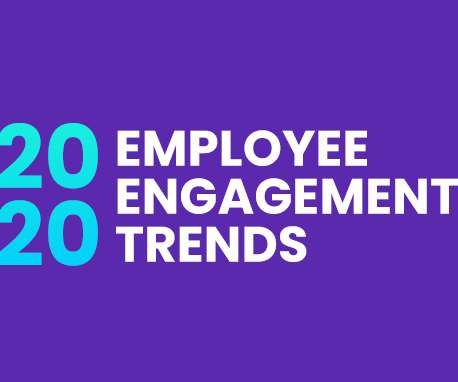Employee Benefits: The Only Guide You Need
Achievers
FEBRUARY 2, 2021
The term “employee benefits” is used regularly, but often with a limited, traditional definition in mind. The traditional concept refers to legally mandated benefits plus a few voluntarily added by employers. What are employee benefits? . Employee benefits are non-salary compensation and perks.















Let's personalize your content